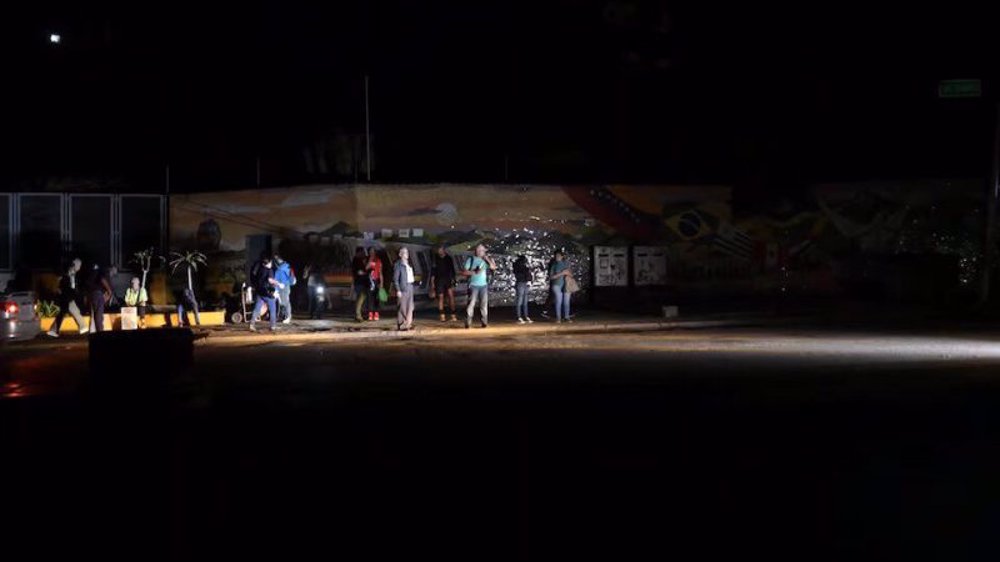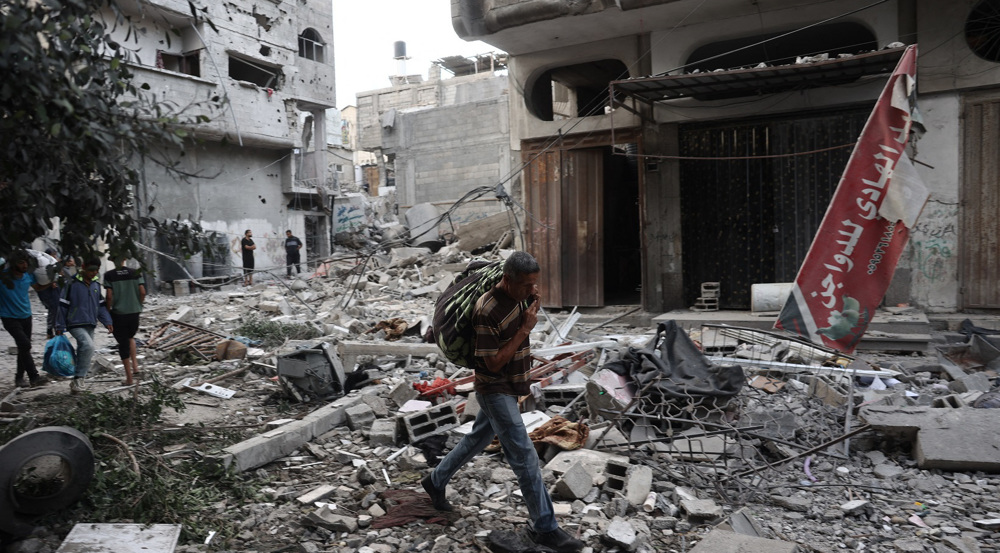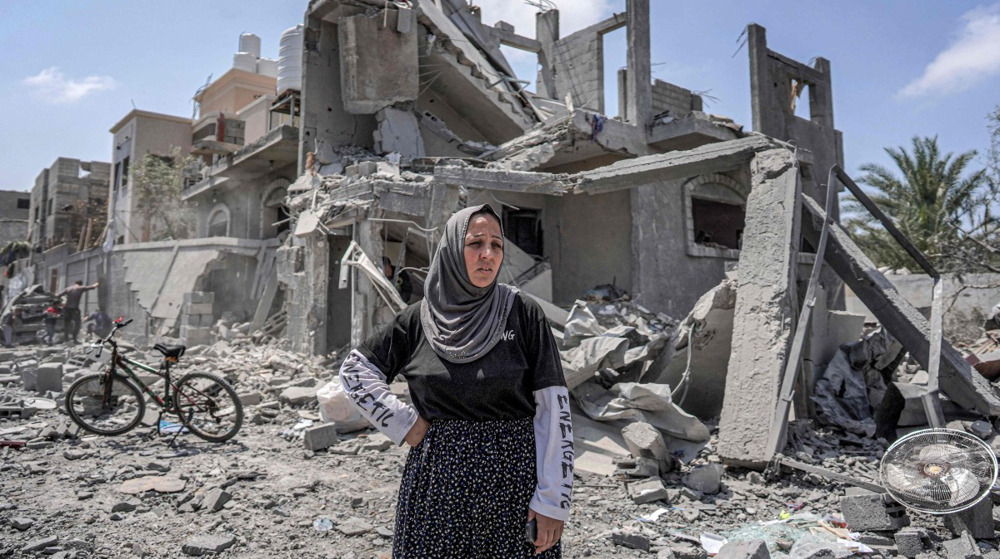Venezuela extends validity of 100-bolivar banknotes again
Venezuela’s President Nicolas Maduro has once again extended the validity of the country’s most common currency note, citing the need for people not to worry about cash shortages during New Year festivities.
In a televised address on Thursday, Maduro said the 100-bolivar bills can be used until January 20.
The Maduro government has wanted to pull the bills, the highest-denomination notes in the country, out of circulation and replace them with higher-denomination bills for almost a month. The government has said the move is necessary to stop “mafia” from hoarding the bills and smuggling them across the border to Colombia.
In mid-December, the government gave Venezuelans 72 hours to exchange their 100-bolivar notes, but a delay in the arrival of new banknotes sparked cash shortages and subsequent unrest across the country. Long lines formed at banks and lootings were reported at scores of shops. Many people had found themselves without the means to pay for basic goods and services.
In a first extension, Maduro, who blamed the delay on “US Treasury Department sabotage,” said the 100-bolivar notes could be used until January 2.

He had also previously ordered the closure of the country’s borders with Brazil and Colombia until January 2 in a bid to stop the alleged smuggling of the 100-bolivar bills but later reopened the borders to allow the crossing of many Venezuelans who have been traveling to Colombia to purchase basic commodities. Many people in the country have become increasingly dependent on trips to Colombia to buy food and medicine, goods that are also scarce at home.
Venezuela, with the world’s highest inflation rate, has a high unemployment rate. Maduro blames the economic woes on what he says is a US-sponsored ploy to destabilize Venezuela.
Opposition groups, however, criticize Maduro’s policies for the misfortunes faced by millions of Venezuelans.
Israeli forces kill 7 more Palestinians in West Bank
Israel’s Netanyahu dismisses military affairs minister Gallant
Hezbollah attacks turn Israel’s Haifa into a ghost town
Iran’s FM meets Pakistani PM, discusses bilateral ties, Israeli atrocities
Iran ramps up gasoline output amid rising demand
UK foreign secretary under pressure over denial of genocide in Gaza
VIDEO | Press TV's news headlines
Hezbollah bombards explosives factory in occupied territories














 This makes it easy to access the Press TV website
This makes it easy to access the Press TV website